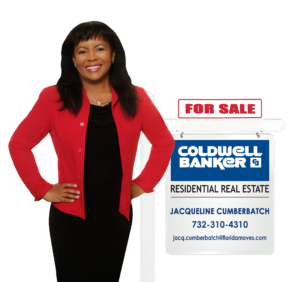|
Our Tribe!
|

Radame Perez’s father bought into a CTown supermarket in 1975, then bought three more in the ensuing years. By the 1980s, however, the elder Perez realized it was smarter to buy real estate. He used the money earned from his supermarkets to acquire burned-down lots in the Bronx, eying brighter commercial and residential opportunities in the future. That early capital turned into a family business, but it wasn’t always a smooth road.
Today Radame Perez is chief executive of Mastermind, a privately held real estate company in the Bronx, with a portfolio of more than 2 million square feet across the city. Perez, who is of Puerto Rican descent, grew up in the Bronx and understands how challenging it can be to acquire funding for investment opportunities there.
“Access to capital is something that has long been regarded as a very traditional process,” he said.
Tremendous disinvestment happened in the Bronx between the 1970s and the early 2000s, he said, prompting capital and economic opportunities to flee the borough.
“It takes a generation or two to recover from that,” he said.
For Hispanics, especially small-business owners and entrepreneurs, the equity challenges are compounded by socioeconomic disparities.
“We know that there are millions of Latinos, Hispanics, that are looking every day to start their own business,” Perez said, “but they struggle with bills, insufficient health insurance and other socioeconomic factors that render the opening of a business as unforeseeable.”
The economic destruction wrought by Covid-19 could further hinder capital opportunities for the present generation of Hispanic New Yorkers.
“This crisis has shown the vulnerability Hispanic businesses face,” Dvorkin said. “Look at the [Paycheck Protection Program]: A majority of [New York] businesses that benefited were in Manhattan.”
Other observers are more optimistic about the Hispanic community’s ability to raise capital. Lugo points out that many Hispanic business owners received both PPP loans and Small Business Administration Economic Industry Disaster Loans during the height of the pandemic in New York.
Economic discrimination is nowhere near as bad as it used to be, he said.
The growth of the Hispanic community could provide the next step toward more equal economic footing.
“The larger the Hispanic market gets,” Lugo said, “the more support there is.”
